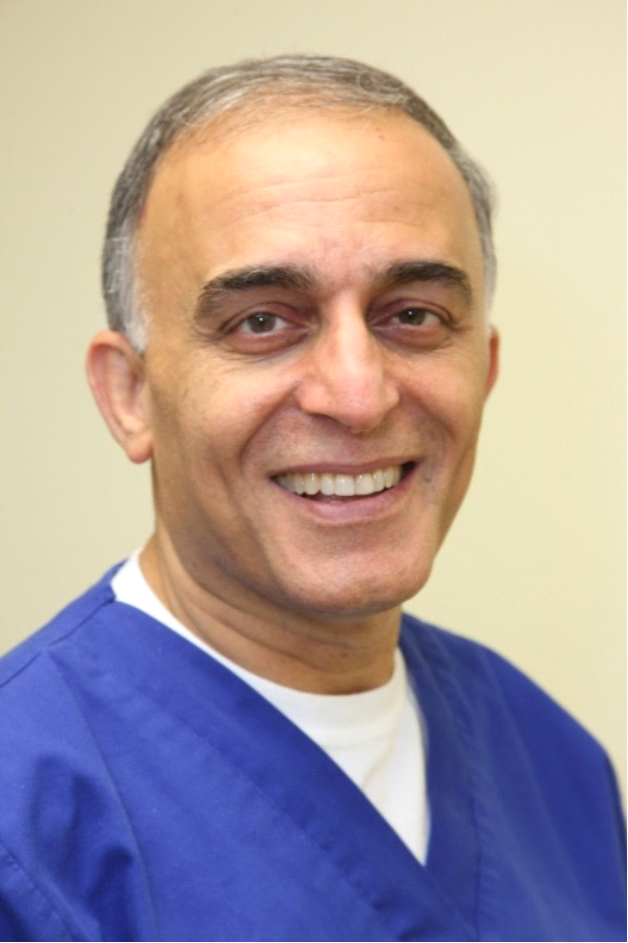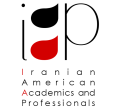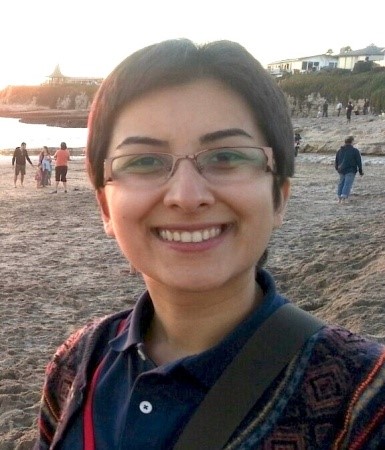Where: Montgomery Community College (Rockville Campus) – Humanity Building (HU), Conference Room 009 (Get Directions, Campus Map )
Language: English

Synopsis:
Maintaining good oral health habits now is especially important because unhealthy bacteria in the mouth not only can harm your teeth and gums but may be associated with serious medical conditions. Research has shown that infections in the mouth may be associated with heart disease, stroke, diabetes, pneumonia and other health problems that are common in older adults. It really only takes a few simple steps, brushing and flossing daily, visiting your dentist regularly and eating nutritious foods to be Mouth Healthy for Life (References: American Dental Association).
You should plan to attend the presentation if you are
- Adult and having gum disease, tooth pain, dry mouth, cavity, missing teeth, sensitive teeth, infected teeth, lose teeth, receding gums, bleeding gums, broken down teeth, overlapping teeth, teeth with root canal problems, difficulty with chewing foods, difficulty swallowing, difficulty pronouncing words (speech problems), bite problems, snoring, dental anxiety, unhappy with your crowns or dentures, and unhappy with your smile.
- Having medical conditions such as diabetes, asthma, depression/ anxiety, cancer, pregnancy (pregnant or planning to be), cardiovascular disease, osteoporosis, dry mouth, bad breath, sleep apnea, and taking medications for your medical conditions.
- Concern with your children/ toddler/ teenagers or young adults with oral health problems
- Suffering from oral lesions (ulcerations) such as Herpes or Aphthous
- Interested in having healthy habits that maintain your oral health in optimum conditions
- Concern about mental health and its impact on oral health
Please visit www.drsoolari.com for more information.
About the Speaker:
Dr. Soolari earned his doctorate from the University Of Mississippi Medical Center School Of Dentistry in 1990, where he received several academic awards. He received his specialty postdoc training in periodontics from the Eastman Dental and Master of Science degree from the University of Rochester, Rochester, New York. He achieved the distinction of Diplomate of the American Board of Periodontology in 1997.
- Diplomate and Examiner of the American Board of Periodontology
- Practitioner-Investigator with the NDPBRN (National Dental Practitioner-Based Research Network), conducted by the University of Rochester, Rochester NY
- Editorial Board of Journal of Clinical Advances in Periodontics, Journal of the International Academy of Periodontology (JIAP), Medical Science Monitor (MSM) and the Journal of Implant and Advance Clinical Dentistry
For this lecture: light refreshment will be provided
Please click here to RSVP.


